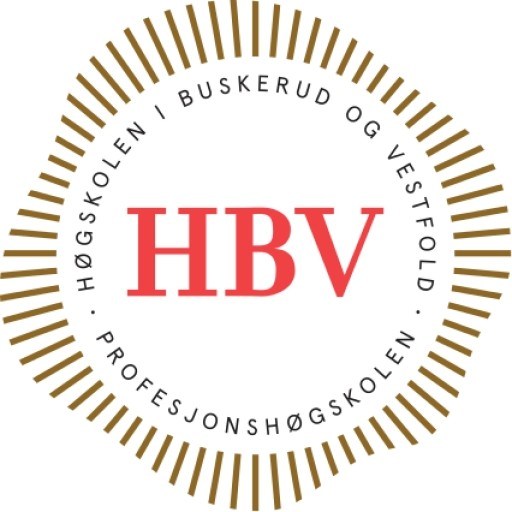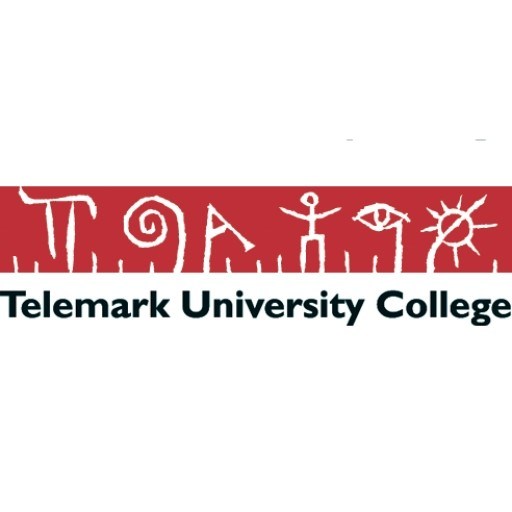Photos of university / #unioslo
The Master's Degree Programme in Computational Science and Engineering at the University of Oslo is a comprehensive and rigorous academic program designed to equip students with the advanced knowledge and skills necessary to solve complex scientific and engineering problems through computational methods. This interdisciplinary program integrates principles from mathematics, computer science, physics, and engineering to prepare graduates for a wide range of careers in academia, industry, and research institutions. Students will engage in courses covering numerical methods, algorithms, high-performance computing, simulation techniques, data analysis, and modeling. The curriculum emphasizes practical applications, allowing students to develop proficiency in software tools and programming languages relevant to computational science. Throughout the program, students will undertake challenging projects and research activities that foster critical thinking, problem-solving, and innovation. The program collaborates with leading research groups and industry partners, providing valuable opportunities for internships and collaborative projects. Graduates of this program will be well-equipped to address contemporary scientific challenges, contribute to technological advancements, and pursue PhD studies or advanced research roles. The university's vibrant academic community, state-of-the-art facilities, and supportive environment ensure an enriching educational experience. With a strong emphasis on both theoretical foundations and practical implementation, the Master's in Computational Science and Engineering prepares students for successful careers in sectors such as aerospace, finance, energy, biotech, and information technology. The program's international orientation and emphasis on interdisciplinary learning make it an ideal choice for students seeking a versatile and in-demand expertise in computational methods.
The duration of the Master’s programme is two years and consists of courses and thesis work. Should you choose a short thesis (30 ECTS), the first three semesters are assigned course work and the last semester is assigned thesis work.
Choosing a longer thesis (60 ECTS), is a more flexible solution to the execution of the programme. It is recommended that you take three courses during the first semester. In the second semester you can work on your Master’s thesis while taking one course consisting of 20 ECTS, and in the third semester you can take one course consisting of 10 ECTS while working on your thesis. The fourth semester is entirely assigned to thesis work.
General learning outcomes
• In-depth knowledge of a broad range of methods and techniques for analysis and problem solving within relevant fields of study.
• Good theoretical insight and the ability to apply theory to the development of methods and techniques for problem solving.
Target knowledge and understanding
• In-depth knowledge within a limited primary field covered by the programme.
• In-depth knowledge in fields adjacent to your chosen focus.
• Understanding of the connection between the description of a concrete problem and the mathematical model that describes it.
Target skills
• The ability to approach a complicated problem, reveal structures and clarify problems, discover suitable analytical and/or numerical solution methods and interpret solutions.
• Good practical skills in the use of relevant programming tools.
• The ability to collaborate with other academic specialists, including specialists from other disciplines.
• The ability to express yourself in a precise, academic manner in both spoken and written Norwegian and English.
• The ability to make active use of existing literature in order to gain insight into the work of others and support your own specific problems.
• The ability to conduct an independent evaluation of a mathematical model's suitability in the context of a specific problem.
Admission to this master's degree programme / study option requires:
- Higher Education Entrance Qualification and a completed bachelor's degree comparable to a Norwegian bachelor's degree. Applicants with foreign education, please refer to the country list.
- a specialization defined by the programme/study option
- a minimum grade average of C (in the Norwegian grading scale) or equivalent from the specialization in your degree.
- Norwegian and English language requirement OR special enhanced requirement in English specified below:
a) Passed examination in English foundation course (140 hours/5 periods per week) with a minimum grade of 4 in Norwegian upper secondary school (or an equivalent grade from a Nordic upper secondary school) or passed examination in English from second and/or third school year in Norwegian upper secondary school, or
b) An internationally recognised English language proficiency test.
Required specialization
The Master’s programme in Computational Science and Engineering is based on the Bachelor’s Degree in Mathematics, Informatics and Technology or the equivalent.
The grounds for admission to the Master’s programme in Computational Science and Engineering, programme option Computational Science, is a Bachelor’s degree where the following courses, or the equivalent, must be included:
• MAT1100 - Calculus
• MAT1110 - Calculus and Linear Algebra
• MAT1120 - Linear Algebra
• MAT-INF1100 - Modelling and Computations
• INF1000 - Introduction to object-oriented programming / INF1100 - Introduction to programming with scientific applications
• 10 ECTS INF/INF-MAT courses in addition to INF1000 - Introduction to object-oriented programming / INF1100 - Introduction to programming with scientific applications
• 20 ECTS in other scientific courses on 2000-level or higher
Engineers and candidates who hold either a Cand. Mag. or a Bachelor’s degree in mathematics and natural sciences from other universities and university colleges may, after individual assessment, be granted admission if they hold courses that in content and in volume coincide with the specialisation above.
Documentation
You have to upload all required documents in UiO's online application portal.
If you have completed studies/courses outside the University of Oslo, you must also upload course descriptions. The course names and codes on the course descriptions must match the transcript of records.
The master's program in Computational Science and Engineering at the University of Oslo predominantly offers funding options through government scholarships, tuition waivers, and various international scholarship schemes. As Norway provides free education for both domestic and international students at the master's level, students enrolled in this program benefit from the absence of tuition fees. However, students are responsible for covering their living expenses, including accommodation, food, study materials, health insurance, and personal costs.
The Norwegian government funds higher education through a system of public universities, ensuring that enrolled students can focus on their academic pursuits without the burden of tuition fees. International students coming from outside the European Union/European Economic Area (EU/EEA) might be eligible for specific scholarships or financial aid programs designed to promote internationalization and academic exchange. The University of Oslo also offers limited merit-based scholarships for talented students, which can include waivers or stipends to support living costs.
Moreover, students are encouraged to seek external funding opportunities such as Norway's bilateral agreements, scholarships from their home countries, and international organizations that support students studying in Norway. Many students opt to supplement their funding through part-time work, as Norway allows international students to work up to 20 hours per week during the academic year and full-time during holidays.
Students may also explore funding through research grants and assistantships offered by faculty members or research projects related to their field of study. The university’s career services and international office provide guidance on securing funding, internships, and part-time employment opportunities, which are vital for international students to manage their finances during the program.
At the national level, the Norwegian Centre for International Cooperation in Education (SIU) administers various scholarship programs that could support students enrolled in this program. While specific financial support options are limited due to the free tuition policy, comprehensive living cost estimates should be planned by prospective students to budget appropriately for the duration of their studies. Overall, financial planning is essential, but the program’s structure and Norwegian education policies significantly reduce expenses associated with higher education at the master's level.
Candidates holding a Master’s degree in Computational Science and Engineering have a modern education with elements derived from mathematics, engineering, the natural sciences and informatics in various combinations, numerical calculations being the common factor.
During the programme, you will obtain a solid academic foundation and gain broad experience in advanced numerical calculations and in practical problem solving.
With this background you are qualified for modern, technology oriented research- and developmental assignments within a number of sectors.
You may find work in e.g.
- research institutions,
- oil companies and in
- high technology engineering firms.
The IT-sector is also a relevant market for graduates from the programme. There is also a need for people in education and administration.
The study programme provides the candidates with a solid theoretical and methodological foundation and is therefore relevant for further PhD studies (research education) and research.








